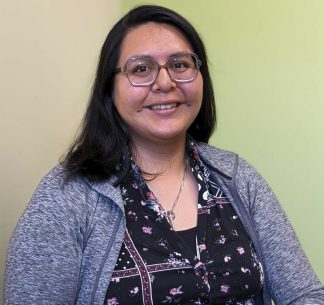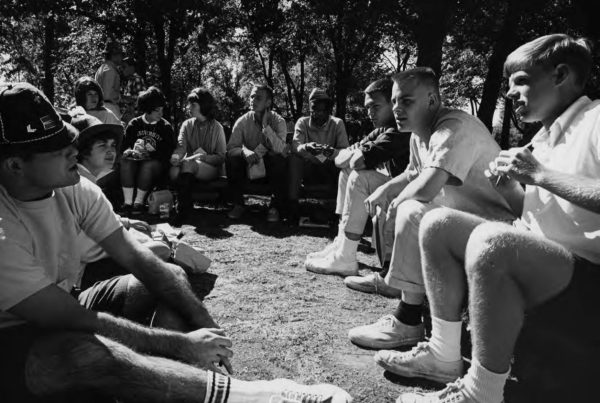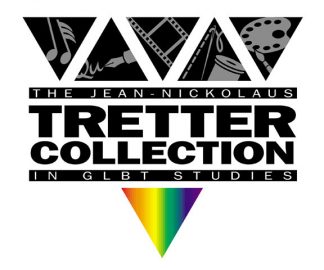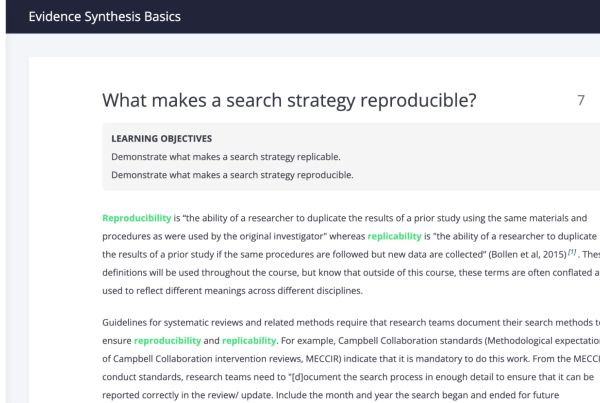By Adria Carpenter
 Growing up on the Navajo Nation Reservation in Arizona, Donavan Begay Postier didn’t have many opportunities. Now she’s making up for lost time, reading almost anything she can get her hands on, playing games on her PC, and traveling whenever she can.
Growing up on the Navajo Nation Reservation in Arizona, Donavan Begay Postier didn’t have many opportunities. Now she’s making up for lost time, reading almost anything she can get her hands on, playing games on her PC, and traveling whenever she can.
“I always liked getting lost in books,” Begay Postier said.
Right now she’s rereading Anne Rice books like the “Lives of Mayfair Witches,” the Confessions of a Shopaholic series by Sophie Kinsella, the horror manga PTSD Radio by Masaaki Nakayama, and anything with LGBTQ relationships, poltlines, or subtext.
Taking ownership of her life
Like many other transplants, Begay Postier moved to the Twin Cities, almost 20 years ago, to attend the University of Minnesota, where she got a bachelor’s degree in family social science.
As an undergraduate, she researched American Indian elders in the family unit — how grandparents often help raise children — as well as resource allocation and navigation to improve existing support programs.
Begay Postier currently works as the director of adult and family empowerment at Little Earth, a residential housing area with over 220 individual families. Little Earth is the only Indigenous preference project-based Section 8 rental assistance development in the United States, with 38 different tribes represented in the community, though many residents are Ojibwe or Dakota.
There she helps residents find local resources, navigate assistance programs, and empower them to become self-reliant. Begay Postier advocates for language programs to teach Ojibwe and Dakota, sobriety and substance-abuse recovery, group meals and breakfasts, and more.
“It’s really about making sure folks take ownership of their life,” she said. “I moved away from the Navajo reservations at such a young age of 18, mainly because of my identity and sexual orientation, and this is my only way of being able to give back to my native community.”
Begay Postier, a trans woman, also maintained her connection to the indigenous community by joining the American Indian Student Cultural Center while at the U of M, and by serving as the communications specialist at the Indian Health Board of Minneapolis for four years. And she still returns to Arizona every other year to see her mother.
Becoming a trans elder and advocate
Begay Postier is equally invested in the LGBTQ community and women’s issues. In 2021, she created the Walk in Trans Beauty podcast, a five-episode series about her journey to womanhood. The first season has finished, and a second season is underway.
“I used to always tell people like, ‘Yeah, I’m Navajo first, and I’m gay.’ And then over time I was like, ‘Well, I’m a trans woman first, and that’s my identity. I’m a woman in society, and then I’m Navajo too,’” Begay Postier said.
The episodes cover emotional topics about times when she was neglected, abused, and manipulated as a child, and other potent moments of internal shame and guilt. While the podcast helps express her voice, she wants it to uplift the community and help others who might be experiencing similar feelings.
“I honestly believe that if I was able to just tell my story, then it might help someone who is native, who is trans, who is queer, and who just needs a story to relate to,” she said.
To that end, Begay Postier gives speeches about intersectionality in the BIPOC, transgender, and two-spirit communities. She was recently invited to speak at the 2023 Harvard Trans+ Community Celebration in October, where she will share her perspectives on gender, and how cultural knowledge was erased by Christian Missionaries and colonization. As a trans elder in training, she keeps that history alive.
“I’m very grateful that there are some elders, but I know for generations before me, there were no elders because of what HIV and AIDS had done to the community,” she said. “A lot of elders are usually my age, or just a little bit older.”
Using Libraries resources to help native communities
Begay Postier joined the Friends of the University of Minnesota Libraries board earlier this year, in part to gain access to University resources and borrowing privileges. She believes that predominantly white institutions, like the U of M, have an obligation to help communities that they historically exploited and excluded from accessing those resources.
The University of Minnesota in particular, she said, violated the rights of Ojibwe, Dakota, and other native peoples. The University’s founding Board of Regents “committed genocide and ethnic cleansing of Indigenous peoples for financial gain” and “used their positions in government to pass anti-Indigenous legislation that benefited them and the institution financially,” according to a report by the TRUTH (Towards Recognition and University-Tribal Healing) Project.
The TRUTH project is a collaboration between the 11 recognized Tribal Governments of Minnesota, the Minnesota Indian Affairs Council (MIAC), and the Office of American Indian and Tribal Nations Relations at the University of Minnesota.
During her time on the board, Begay Postier plans to use the University’s resources to help support local indigenous communities. Begay Postier is one of the younger FOL board members and hopes to see more younger voices join the organization.
“I want to bring more diverse voices to the team, and also bring younger folks. Because there’s such a vast richness in the older generation, but we need a lot of younger folks,” Begay Postier said.




